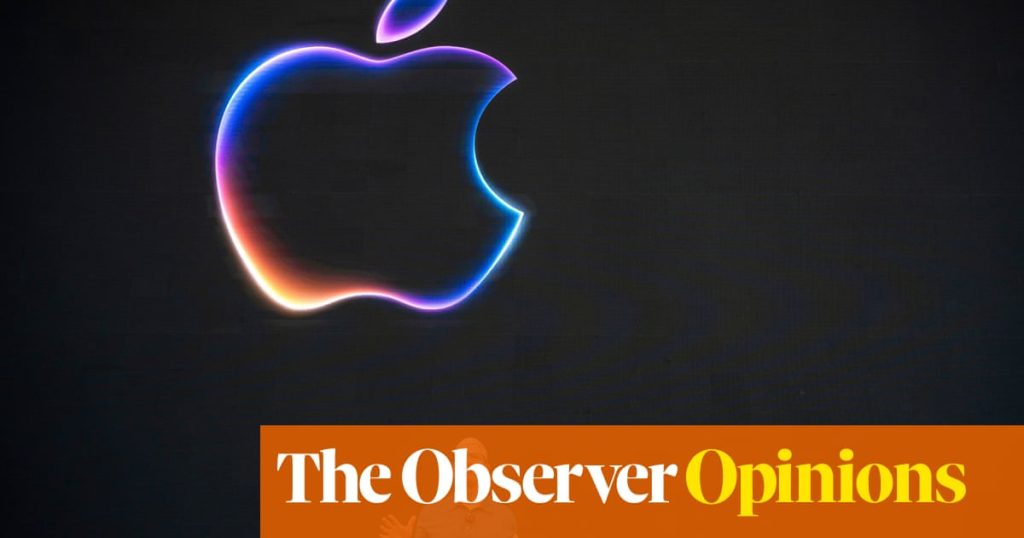After the debut of ChatGPT in late 2022, the tech world seemed to be caught in a modern iteration of tulip mania, leading many to question why Apple, the leading tech giant, was so reserved about the frenzy. The prevailing theories among tech commentators suggested that Apple might either be lagging behind advances made by OpenAI and others, or it had shrewd plans to present its own formidable version of the technology.
At last, during its annual World Wide Developers’ Conference (WWDC) on June 10, 2023, Apple revealed its intentions, or so it seemed. Rather than aligning with the high-energy AI narrative touted by OpenAI, Google, Microsoft, and Meta, Apple introduced “Apple Intelligence,” which was described not as a singular product but as “a marketing term for a collection of features, apps, and services.” This strategic branding aimed to simplify the understanding of Apple’s innovations while subtly pushing consumers towards purchasing the new iPhone 15 Pro, as older models couldn’t support these advanced features.
Regrettably, I succumbed to this appeal and upgraded my device. (One could say I was gullible.) The new phone was indeed impressive with its advanced processor and neural engine, while the camera surpassed expectations. However, the Apple Intelligence features often felt trivial and occasionally frustrating. For instance, the automatic categorization of my photo collection felt intrusive and bothersome. Additionally, a new app dubbed Image Playground, which was touted as something to enhance communication and self-expression, seemed more fitting for a child than an adult user.
One feature caught my attention as potentially valuable—a significant upgrade to Siri, Apple’s virtual personal assistant. Apple announced that Siri would now offer personalized assistance, allowing users to ask for specific recommendations or flight details without needing to recall past conversations or messages. This promised functionality seemed appealing for seamless interactions with the device.
Upon further scrutiny, however, I found that Siri, even on my new, expensive phone, was still lacking these promised features and felt as uninspired as before. Then, on March 7, Apple announced that the rollout of a more personalized Siri would take longer than anticipated, expressing their commitment to this enhancement in the upcoming year.
This news didn’t sit well with Apple expert John Gruber, who interpreted it as a sign of disarray within the company. He pointed out that what was presented as a personalized Siri at WWDC was merely a concept video, signaling an organization in turmoil. Such a situation reminded him of Apple’s prior struggles when it showcased similar concept videos, particularly before a period of financial distress, and no meaningful innovations came to fruition until after Steve Jobs’ return.
What I’ve Been Reading
A Million Monkeys…
John Warner’s insightful essay on AI and writing is a great read.
Machines of Loving Grace?
Check out Stephen Fry’s captivating lecture, AI: A Means to an End or a Means to Our End?, presented at King’s College London’s Digital Futures Institute.
It’s Written in the Cards
Jillian Hess offers an enlightening perspective in her Substack about Carl Linnaeus’s innovative note-taking practices.



